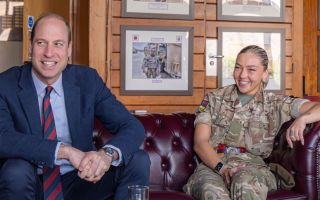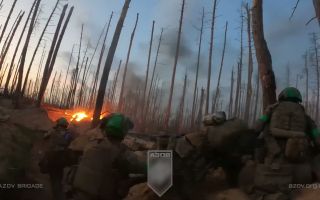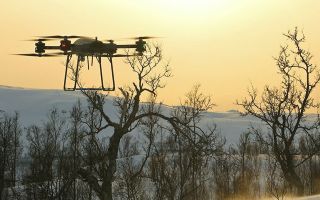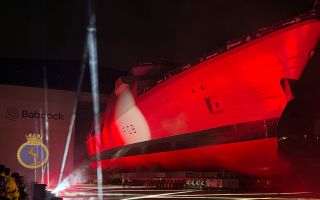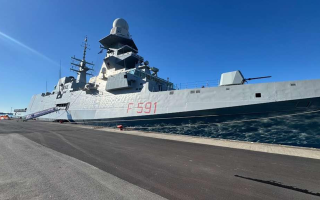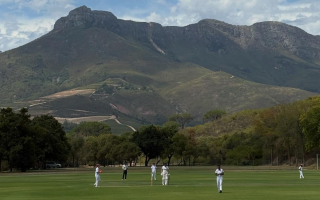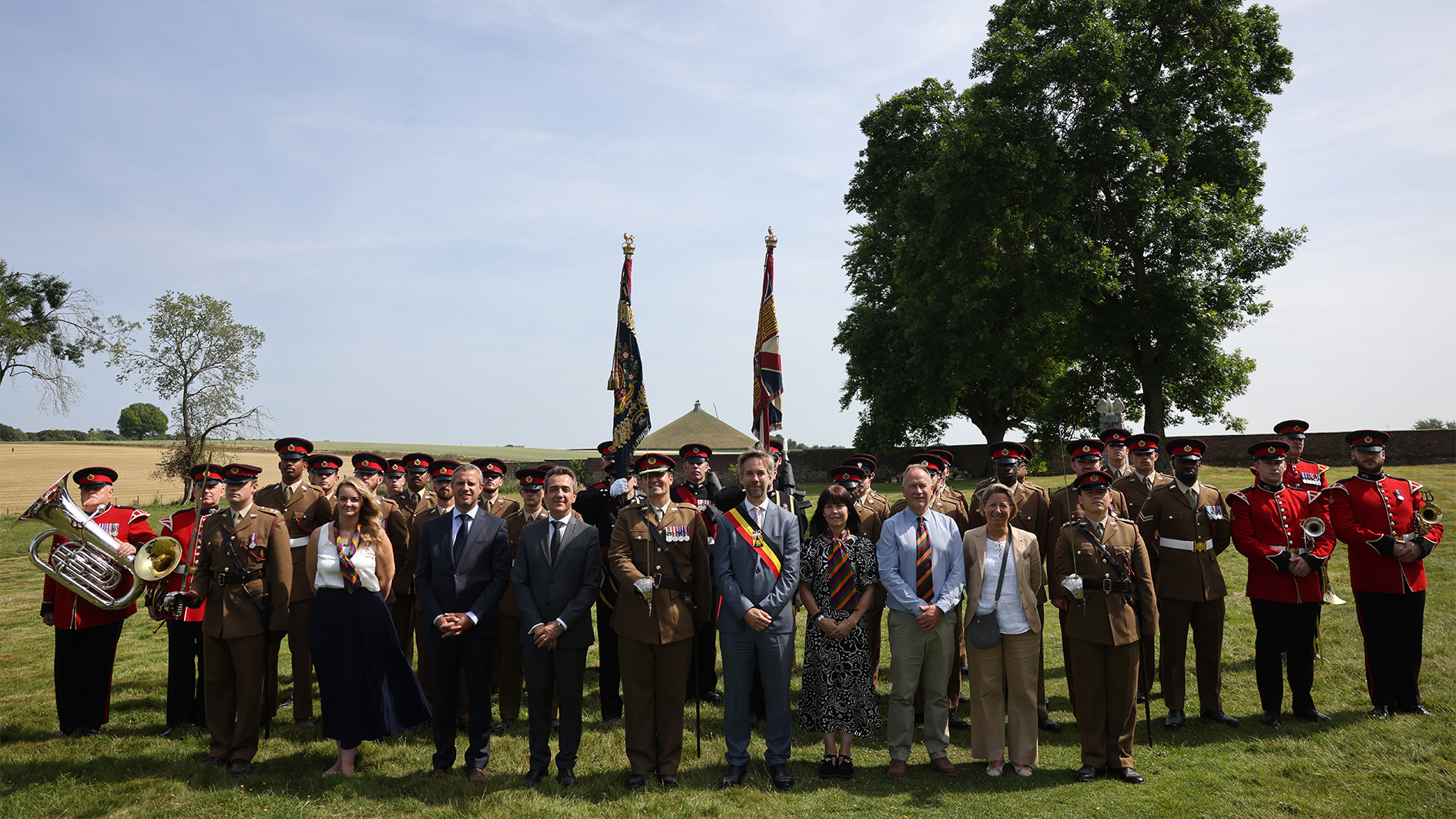
1 LANCS Kingsmen explore Battle of Waterloo's relevance on 210th anniversary in Belgium

"Alliances worked then, and they work now."
Kingsmen from the 1st Battalion, the Duke of Lancaster's Regiment, have paid their respects to British and French soldiers lost at the Battle of Waterloo, while marking the 210th anniversary of the event that brought decades of stability and peace to Europe.
The men and women from Weeton Barracks in Preston, known as Kingos, led the commemorations, which included wreath-laying ceremonies at memorials honouring all the belligerents of the battle.
- Veterans and personnel join excavation to reveal contents of Waterloo burial pit
- Why Waterloo still matters
- Op Nightingale: Helping military veterans through archaeological digs
During a three-day visit to Belgium, the soldiers also took part in a battlefield tour, studied their ancestral regiments' involvement in the conflict, and attended briefings at Nato's Supreme Headquarters – a short drive from the historic site.
The central theme explored by the battalion was the enduring power of alliances. Just as coalition forces came together in 1815 to defeat Napoleon, 1 LANCS today plays a vital role in modern multinational defence through Nato.
Speaking to BFBS Forces News, Major Lance Morris, Officer Commanding Burma Company, 1 LANCS, said the key message was "alliances work".
"The Battle of Waterloo is seen as one of the most iconic battles, not only in the European context, but also about working as a coalition," Maj Morris said.
"It saw many of the British forces under Wellington operating with the Dutch, German forces from Hanover and the Prussians."
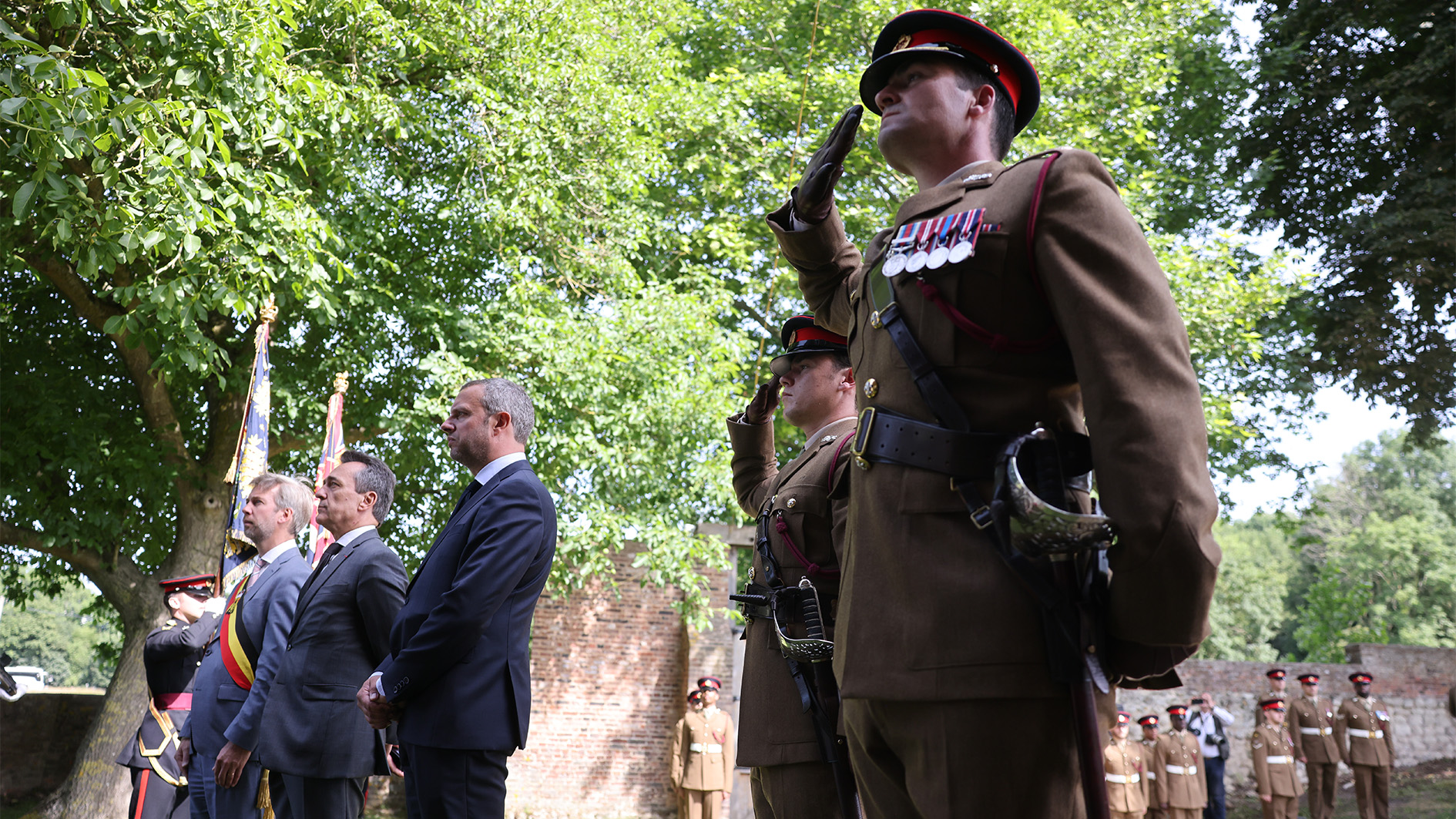
He went on: "So whilst there could be seen as broad linkages, actually, as we've been hearing during our briefing from Nato, we're still operating in similar environments with similar relationships and alliances as was happening 210 years ago."
The battalion has recently returned from Estonia, where it deployed just 35 miles from the Russian border as part of an operational rehearsal.
That exercise was designed to prepare 1 LANCS for its new role, from July, as Nato's strategic reserve – ready to respond to any crisis on the alliance's eastern flank.
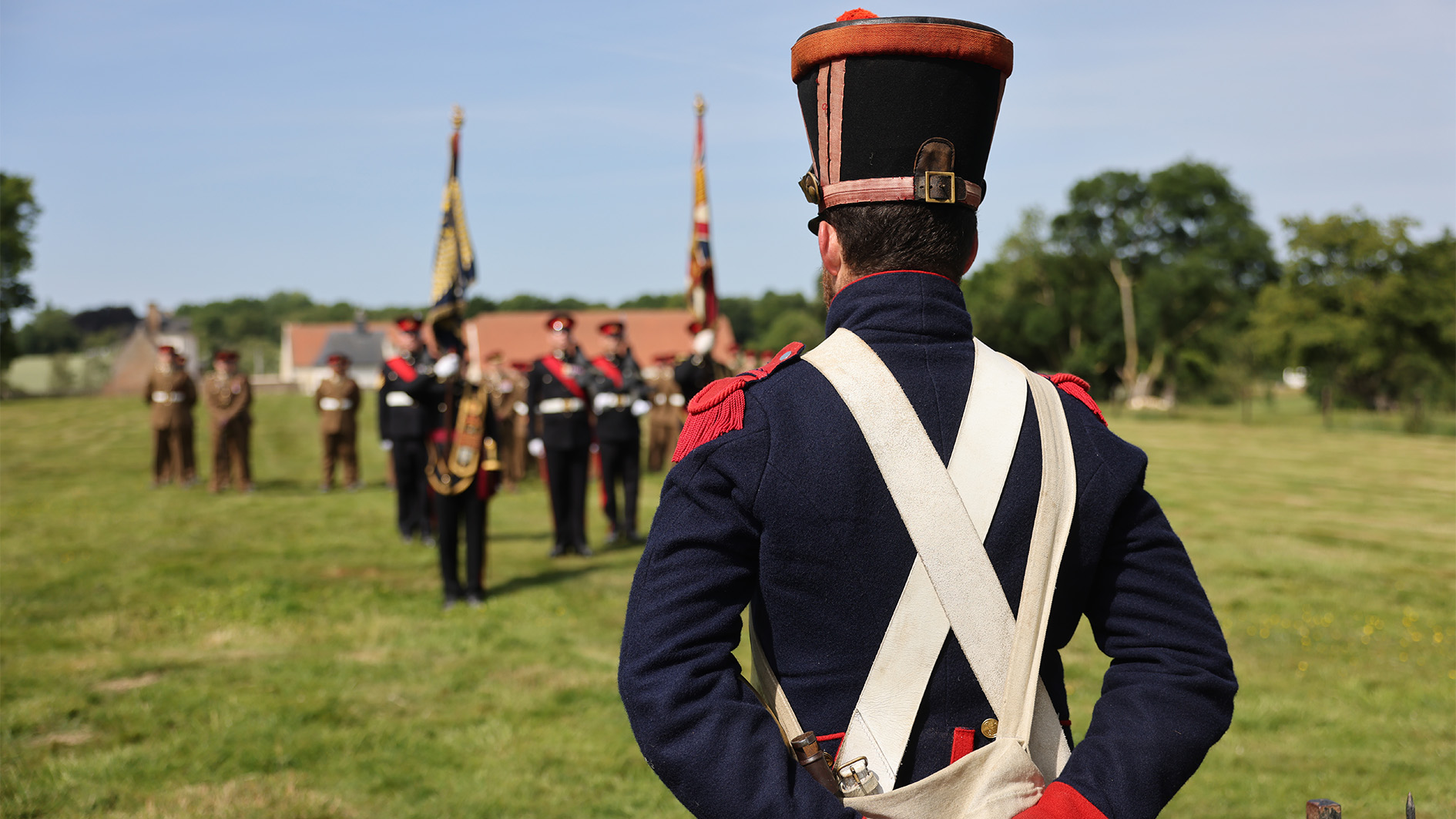
The visit to Waterloo, coming at a time of renewed focus on collective defence, allowed the soldiers to reflect on history while highlighting their relevance in Europe today.
Lance Corporal Kyle Ayrey, 23, said he particularly enjoyed learning more about the battle.
"I thought it was quite interesting going around the museum and looking at the old stuff they used and how they were fighting back then," the junior NCO said.
He added: "It's nice to come over here and switch off. It's getting a good name for our battalion out there, which is important too."
The anniversary parade in Waterloo was led by 1 LANCS and attended by dignitaries from Belgium and France.
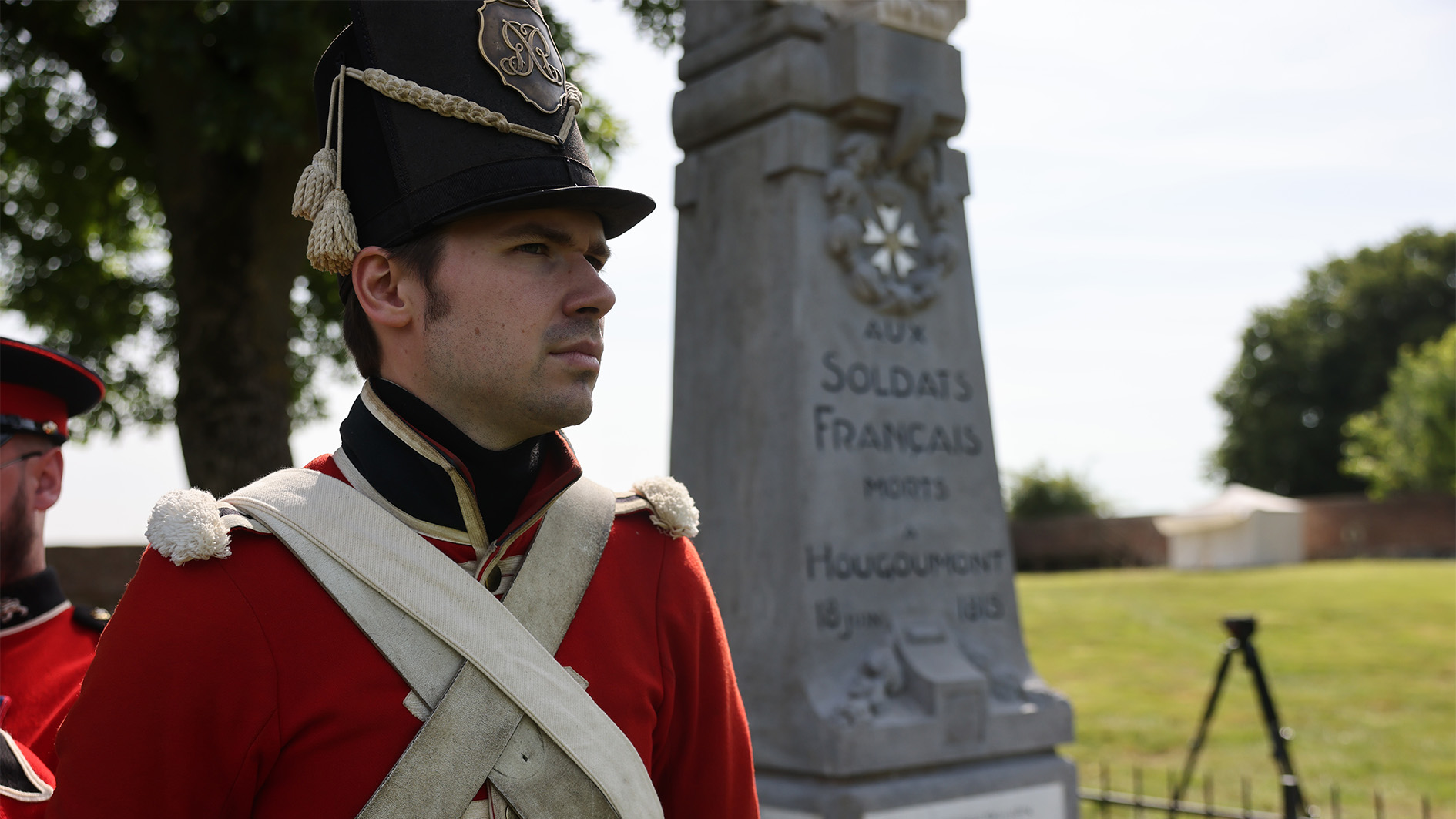
Major Morris laid wreaths at both the British and French memorials at Hougoumont Farm – a fortified farmhouse that played a pivotal role in the battle and was instrumental in securing Wellington's victory.
Maj Morris was keen to stress that his soldiers were there to honour all who fell, regardless of the side they fought for. "It's absolutely right that we paid respects at the French memorial as well as the British.
"Quite frankly, it's about paying respects to everybody as a whole force that was involved in the battle."
The Battle of Waterloo, fought on 18 June 1815, marked the final defeat of Napoleon Bonaparte and brought an end to more than two decades of war across Europe.
British and Allied forces, led by the Duke of Wellington and supported by the timely arrival of Field Marshal Blücher's Prussian army, defeated the French in a bloody, day-long engagement.
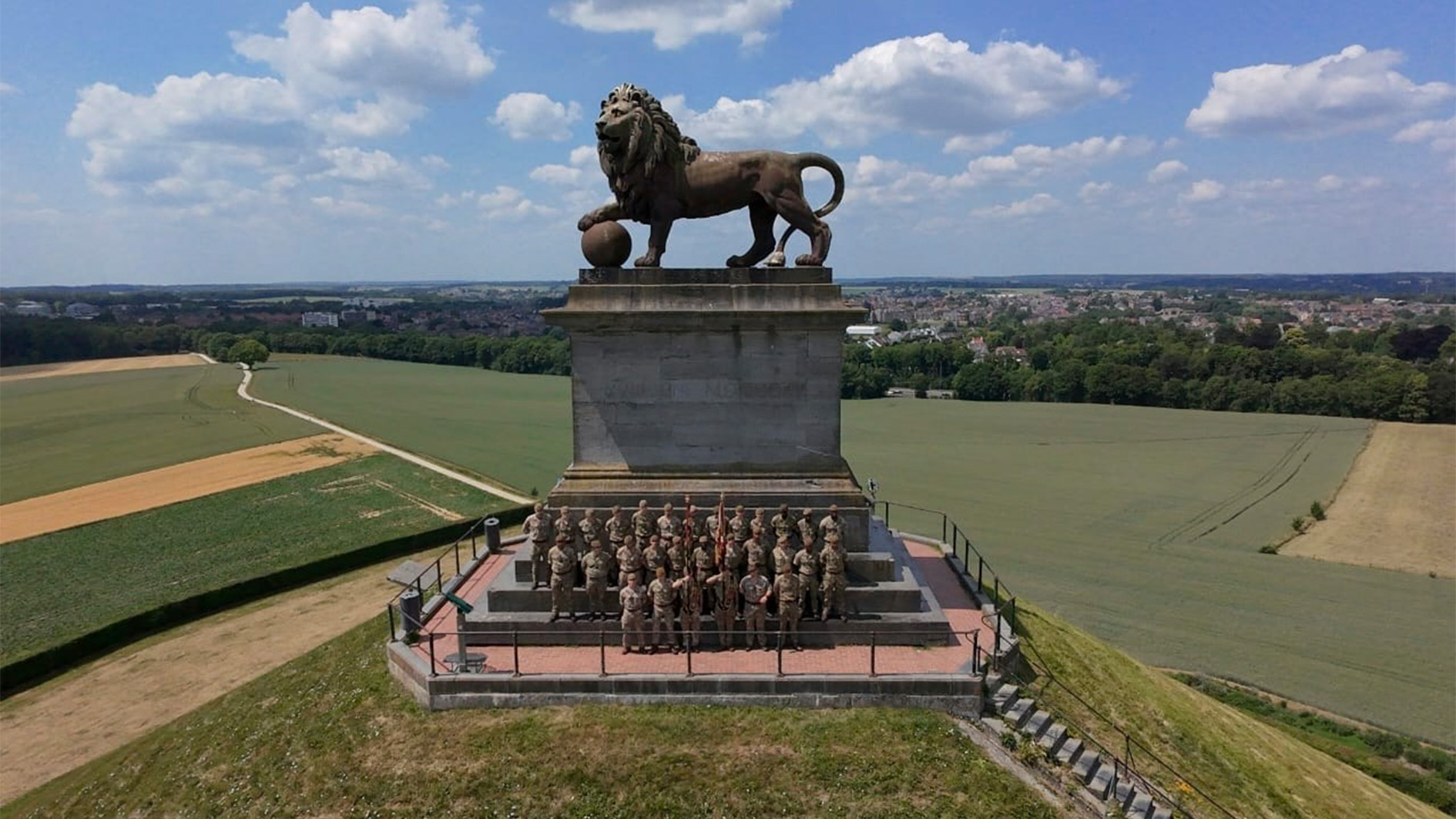
The battle cost more than 20,000 Allied casualties, with French losses even higher. Napoleon was forced to abdicate and was exiled to the remote island of Saint Helena, where he died six years later.
The victory at Waterloo ushered in a period of relative peace in Europe known as the Concert of Europe.
It re-established a balance of power among the continent's nations and led to nearly 40 years without a major European war – a peace made possible by the kind of coalition warfare that 1 LANCS continues to train for today.


